Meet the Syrian refugees living next door
Tonight, US president Barack Obama will make an unusual show of solidarity with the Syrian people by inviting a refugee to attend his last State of the Union address. Syrian inventor Refaai Hamo, 55, drew international attention in December after being featured on photography blog “Humans of New York.”
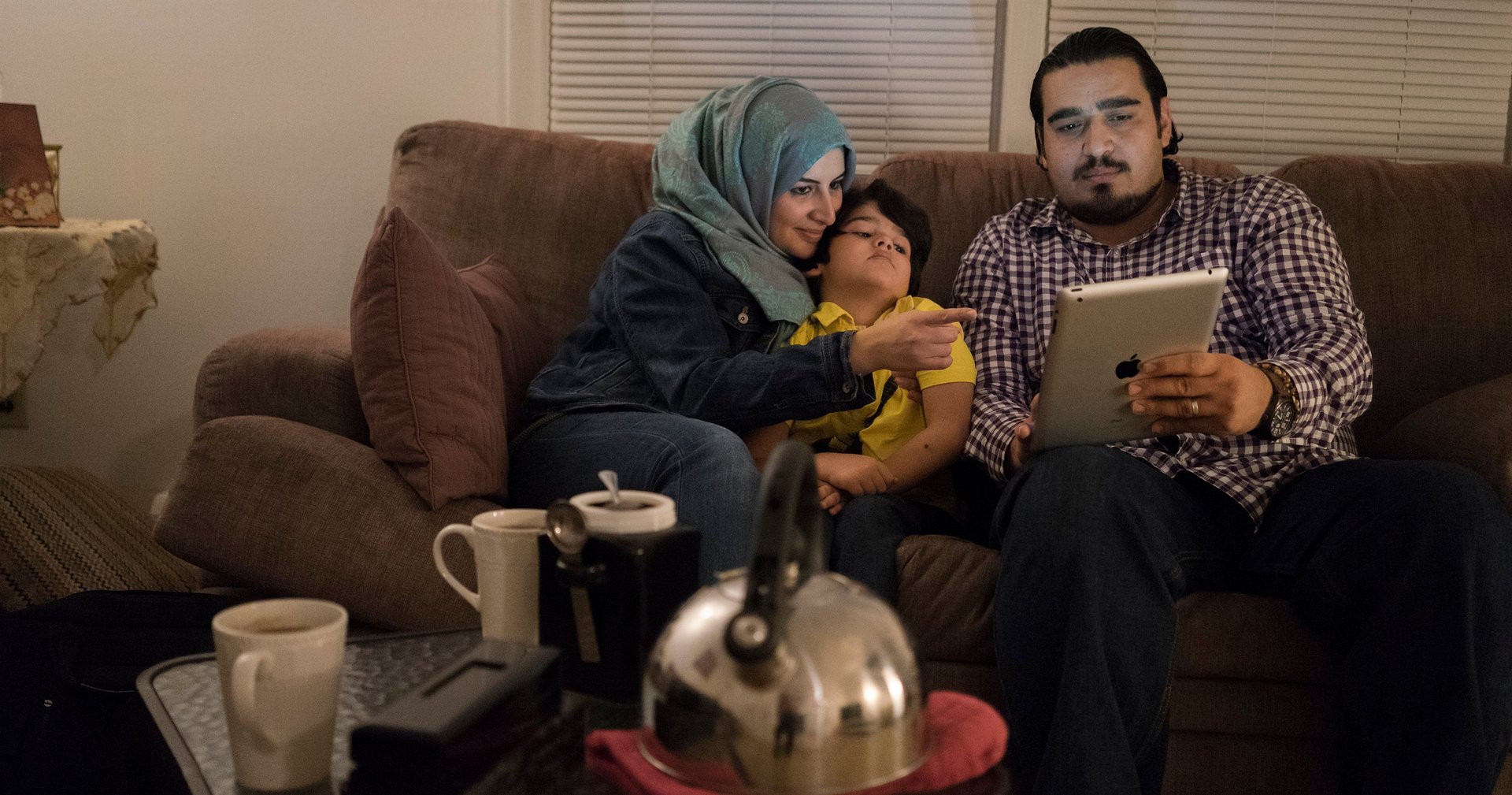

Tonight, US president Barack Obama will make an unusual show of solidarity with the Syrian people by inviting a refugee to attend his last State of the Union address. Syrian inventor Refaai Hamo, 55, drew international attention in December after being featured on photography blog “Humans of New York.”
The US government announced in September that it would open its doors to 10,000 Syrian refugees, after having accepted fewer than 1,500 refugees over the past four years. But on Nov. 13, a string of deadly terror attacks in Paris sparked a wave of anti-refugee fervor across the US. Dozens of US states seized the occasion to announce they would refuse to accept Syrian refugees, and tensions mounted after Dec. 2, when a mass shooting claimed 114 lives in San Bernardino, California.
In 2015, there were at least 63 acts of vandalism, harassment, and anti-Muslim bigotry at US mosques and Islamic centers, according to preliminary data for a study that the Council on American-Islamic Relations (CAIR) provided to CNN. Here’s what the Syrian refugees living in the US and their supporters have to say:
Sana: “My family dreamed of freedom and democracy, and sacrificed everything.”
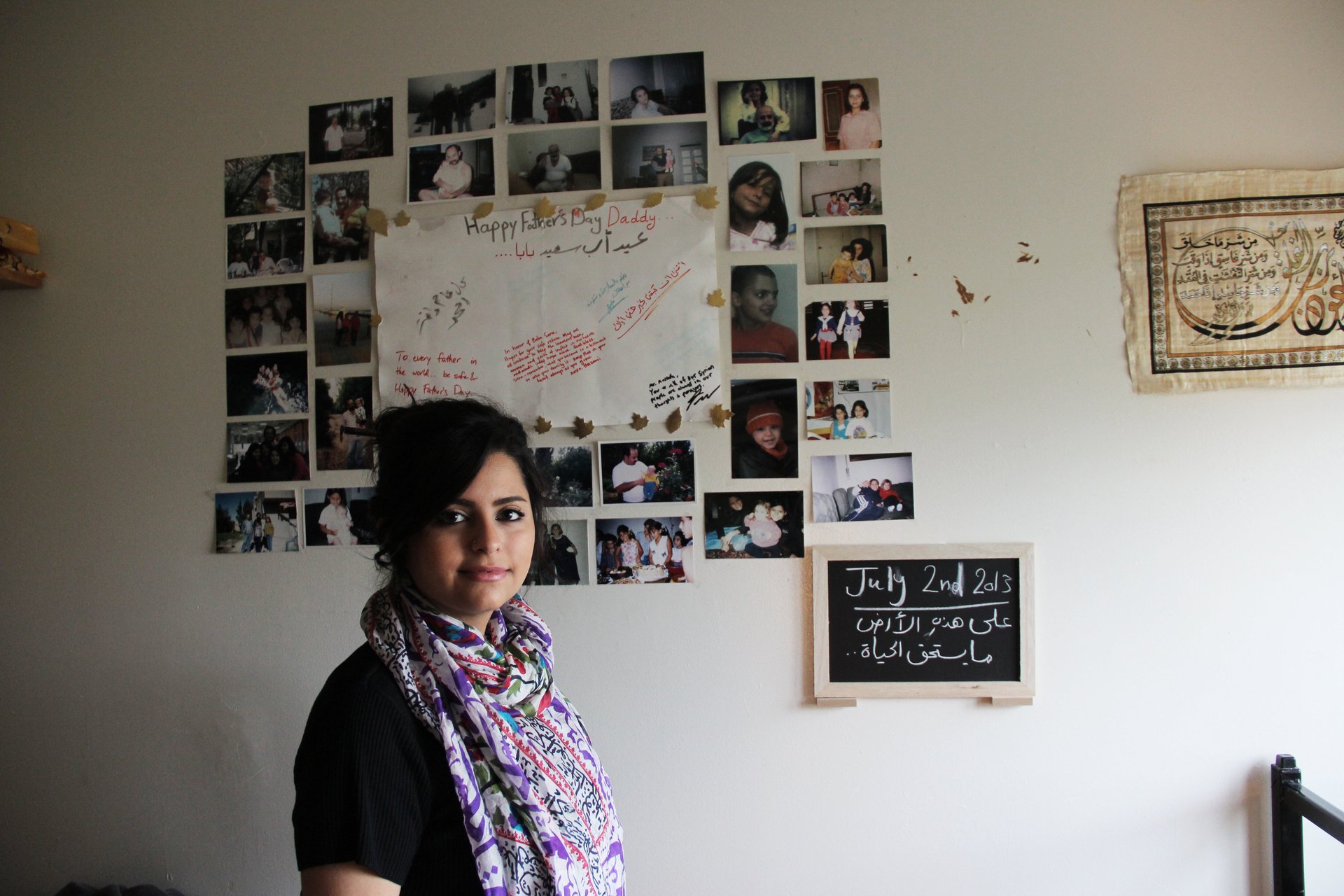
Sana is an undergraduate student at Bard College in New York. She first arrived in the United States in 2013 for a leadership training in Washington DC, and only expected stay six weeks. But when her father was detained by the Syrian government, she realized she could not return safely to her country.
“They took him on July 2, 2013,” the 24-year-old tells Quartz. “That was the last thing we know about him. We don’t even know if he is alive”
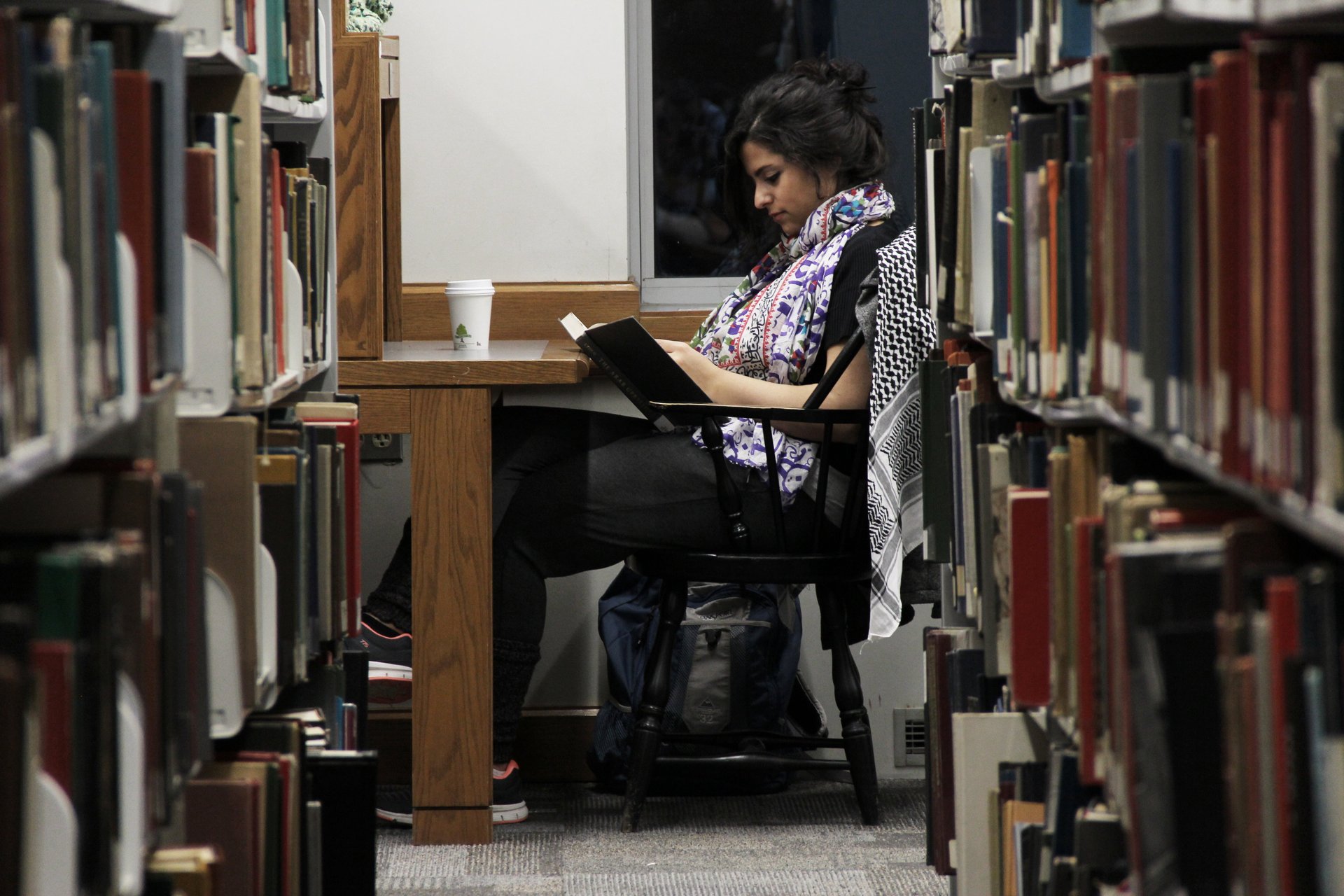
Sana’s mother and two sisters fled to Turkey, and are supposed to reunite with her in the US. But Sana isn’t optimistic: “I know this process was put on hold,” she says. “I don’t if they will be able to come here now. My family that dreamed of freedom and democracy, and sacrificed everything.”
Moulham and Walaa: “This country values human beings, which is something we were missing in our country. “
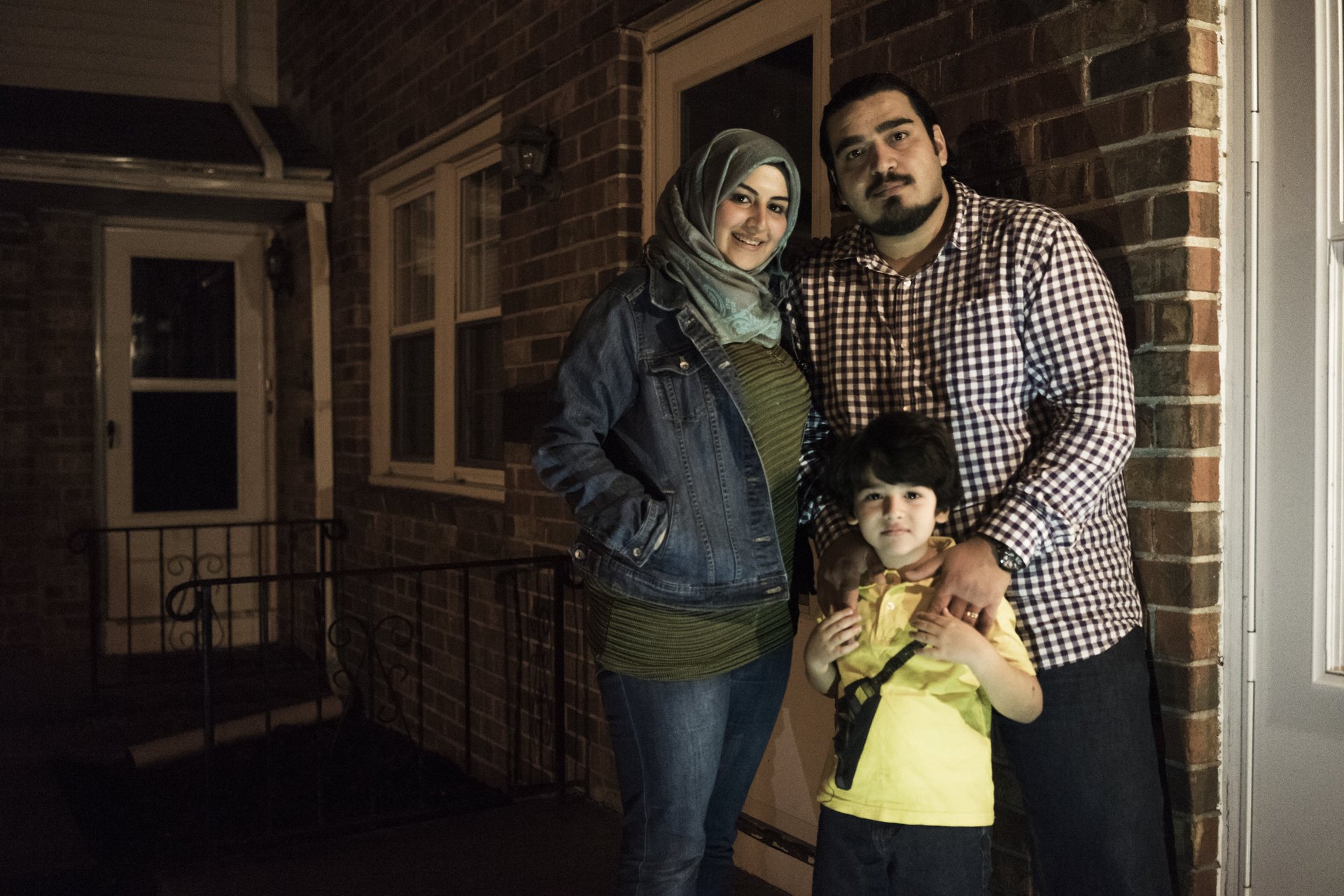
Moulham and Walaa applied for asylum last year. They are still waiting for their interview. ”I wanted the best for me and my family, so I think I made the right decision by coming here,” says Moulham.
America is not like Europe. Here, if you don’t work you won’t eat, which is what makes it great. It forces you to work hard and develop yourself. I am working hard here, and I want the best for my son and my wife.
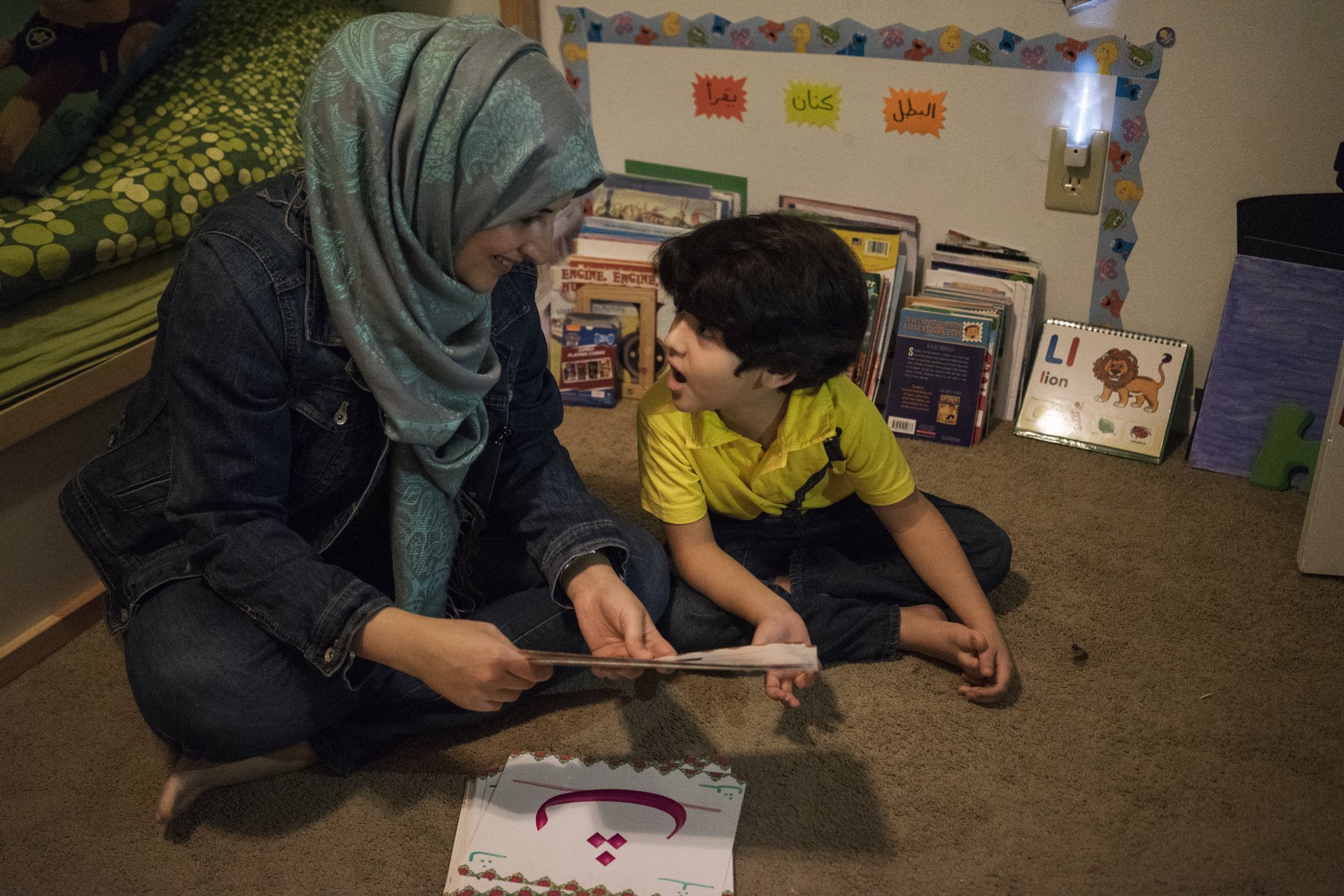
“So far, I have not experienced anything bad in this country,” says Walaa, 27. “Yes, people in my community look at me out of curiosity. Of course, they have been told bad things about people like me in the media, so I guess I understand why they look at me.
She and Moulham arrived in the US in 2014. They had been living in the UAE, but Moulham tells Quartz that he was forced to apply for asylum when his passport expired, or risk being left without any travel documents at all. The Syrian government does not renew passports for citizens who have fled the country.
Walaa, who wears the hijab, says she feels welcome in the US.
“I remember the first time I took my son to the library. They welcomed him and gave him a membership card. I can’t explain to you how much it made him happy and made us feel welcomed. Small things like this are what makes the difference. I feel respected here.
This country values human beings, which is something we were missing in our country. They respect you without asking about your background and religion.”
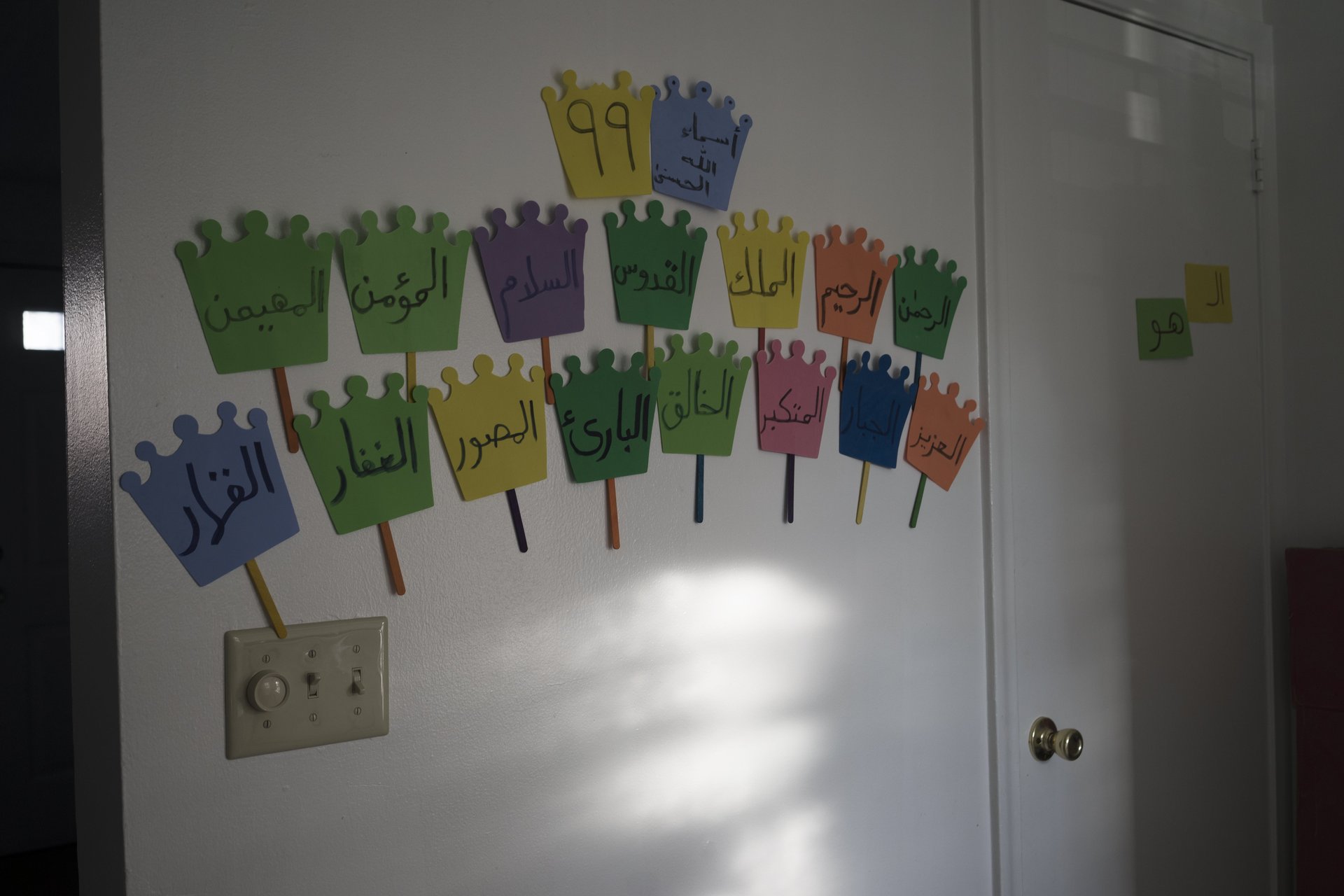
Walaa worries that her son will forget Arabic, and keeps Arabic-language stickers on his bedroom wall, along with a map of Syria. “Language is the only thing that will keep him attached to his homeland,” she says. “I don’t want him to forget about his culture. I want him to learn and get the good things from this country and to keep Islam—moderate Islam, which is the right Islam that we raised him in.”
“For the people who hates Muslims, I know they are minorities and won’t be able affect the public opinion when it comes to us staying here and building our lives. We will be judged on our hard work, not on our beliefs,” she says.
Ammar: “Syrians are not fleeing the country looking for trouble.”
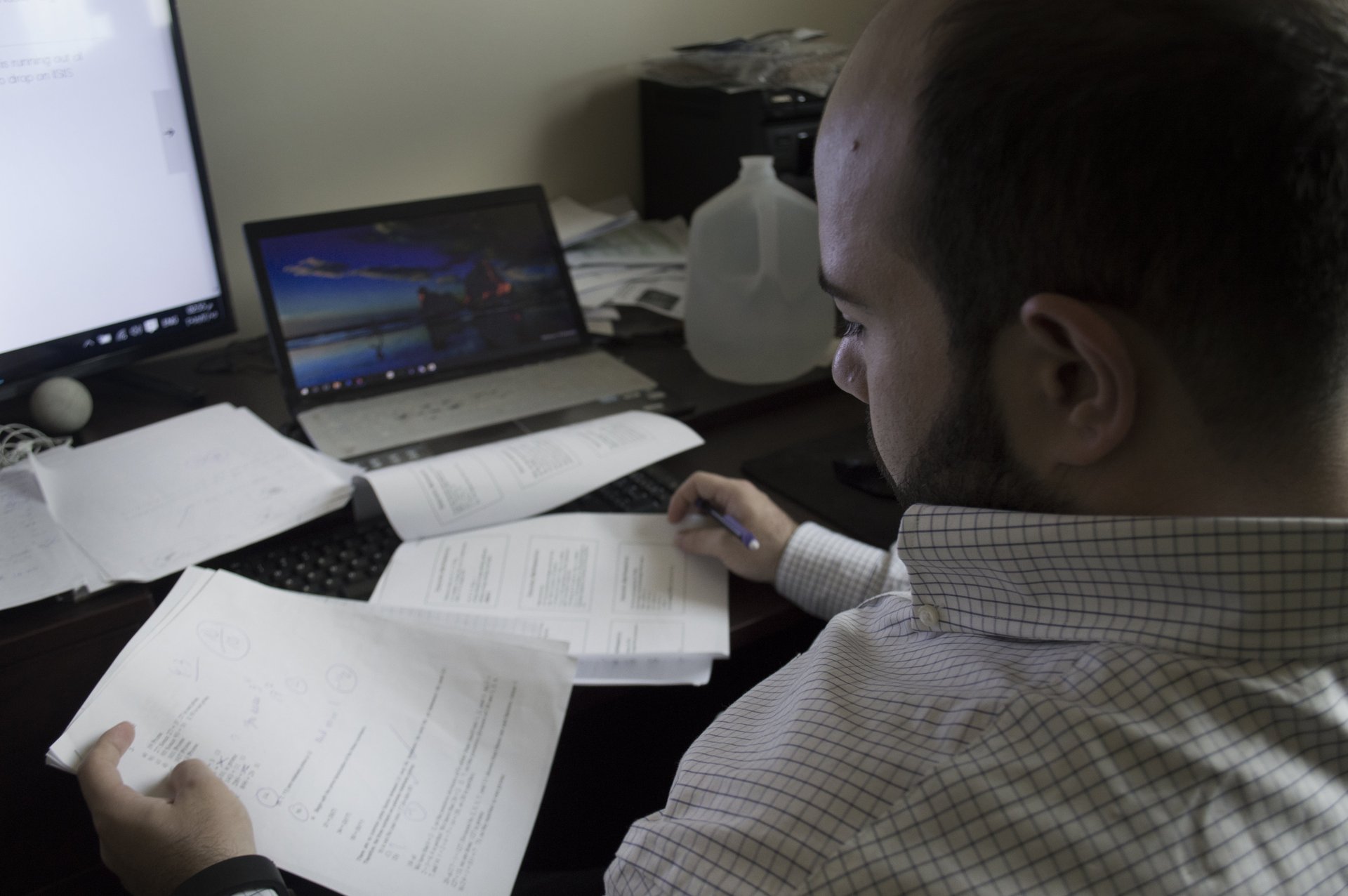
Ammar Mohrat, 24, came to Florida from the city of Homs three years ago. “I left Syria when I wasn’t safe anymore. I used to work in an internet cafe, helping activists upload footage of the demonstrations. Many people from my close circle got detained, and I didn’t want to get hurt,” says the former anti-government activist.
“I left Syria for Dubai, and there I couldn’t get permanent residency. Syrians are not welcomed there. From Dubai, I went to Jordan, and I started to apply for schools. I wanted to continue my education. And I have always wanted to come and study in the US.”
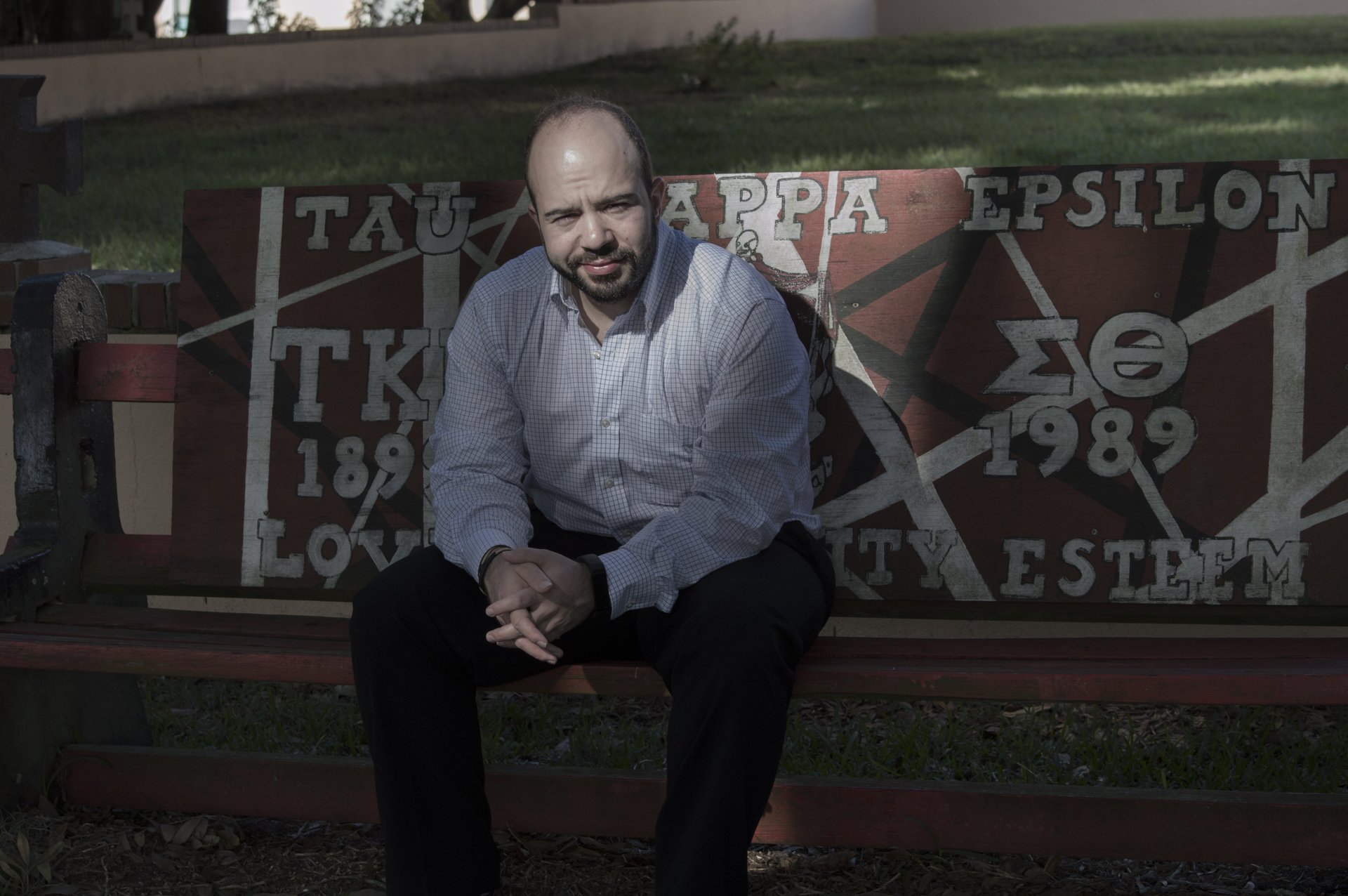
“Since my arrival, I have tried to be active in my campus and educate other students about what is going on in Syria,” says Ammar. “But unfortunately, I found it really hard. Whenever they watch the news, they think that all Syrians are ISIL. Even for Syrians, the situation is hard to understand.”
Linda: “Haters don’t represent us—they just have louder voices than we do.”
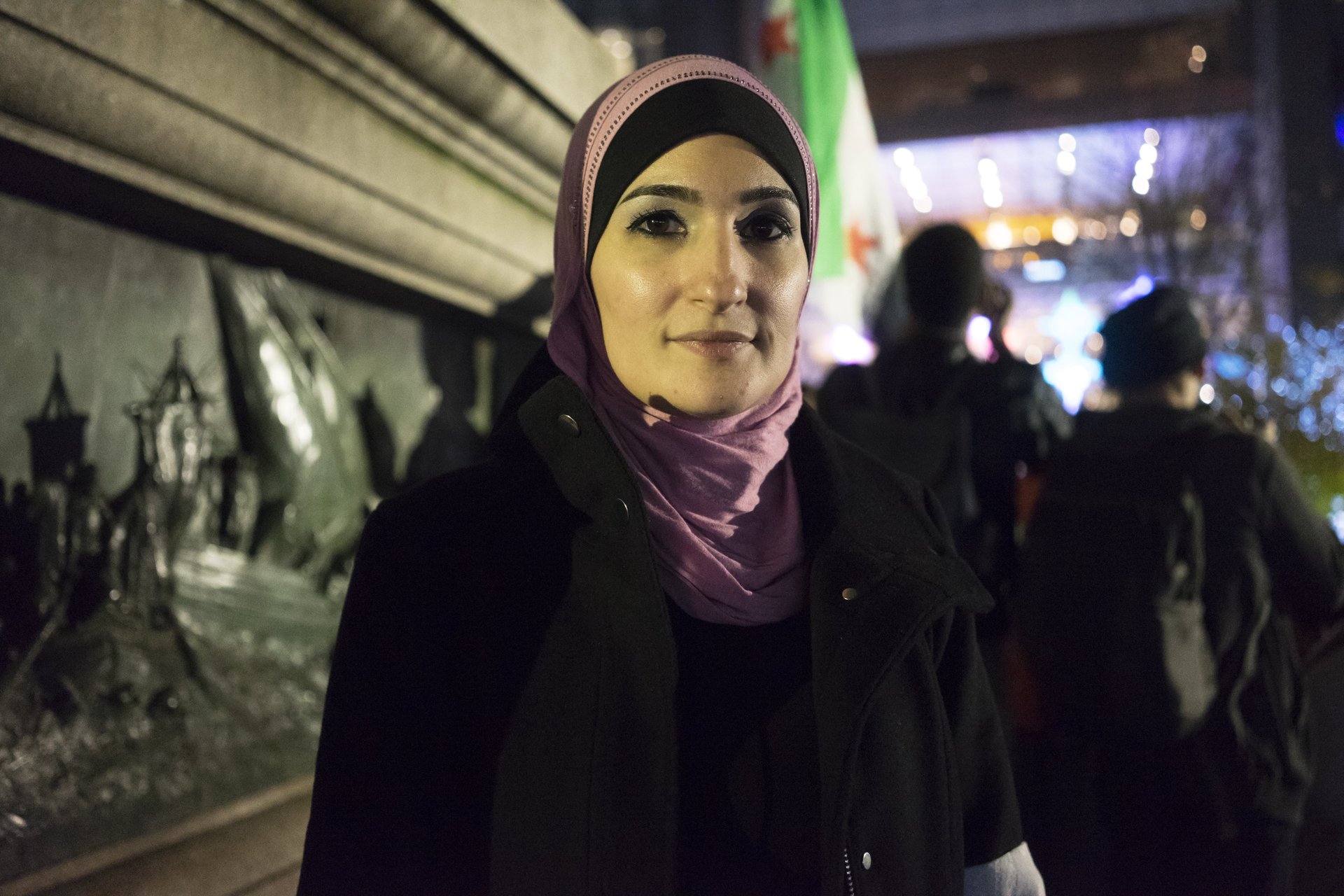
Republican presidential hopeful Donald Trump has fanned anti-refugee sentiment with a proposition to ban all Muslims from entering the country, and previously promised to send all Syrian refugees back to Syria if he is elected president. So on Dec. 10, hundreds of activists gathered on before Trump International Hotel and Tower in New York City, to show their welcome for Syrian refugees and Muslims.
Linda Sarsour, executive director of the Arab American Association of New York was one of them.
“I am here today to tell people that Muslims have been in this country since the day of its founding. When we forced black slaves to come here, many were Muslims,” Sarsour tells Quartz. “Haters don’t represent us—they just have louder voices than we do.”
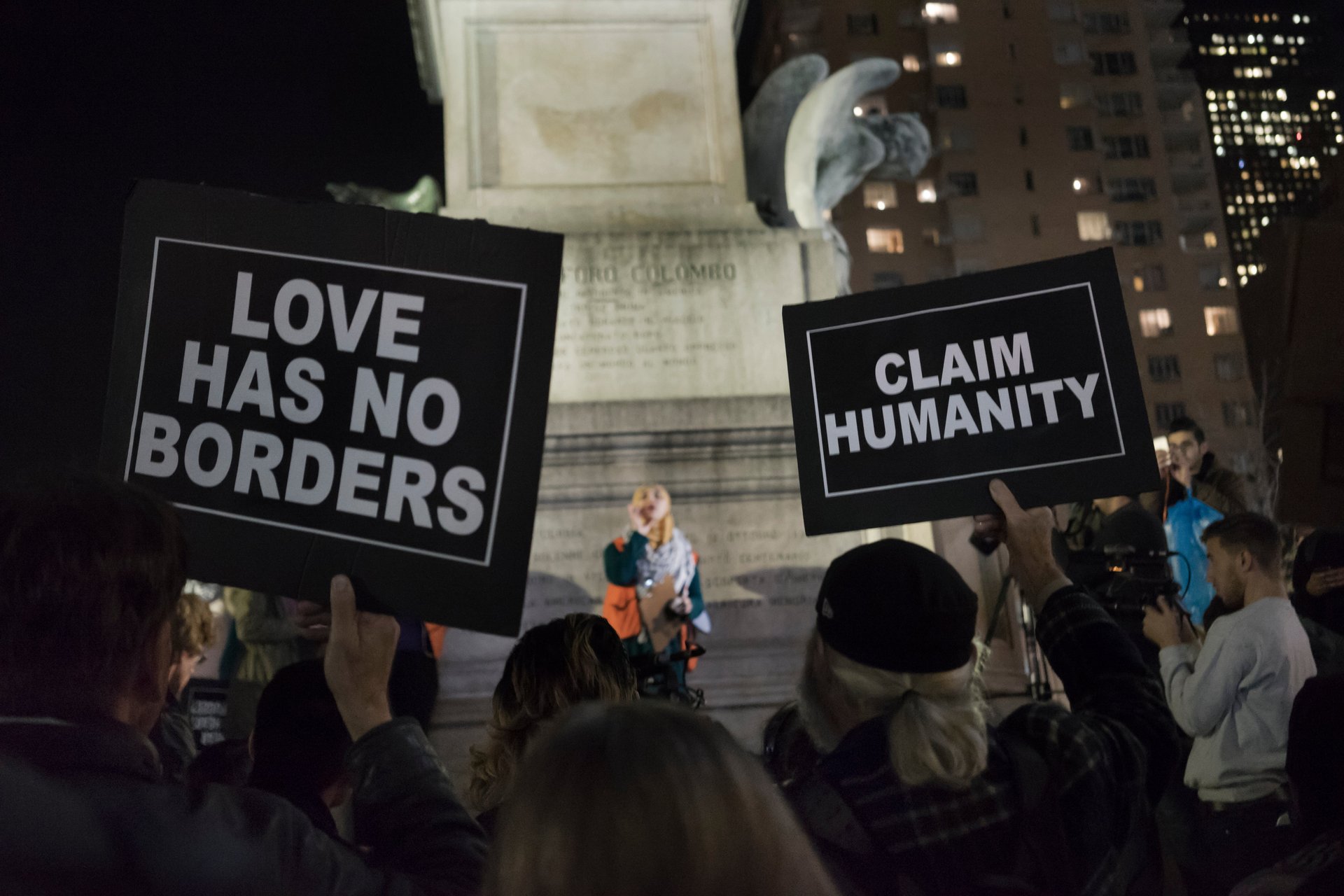
Mikael: “I understand what is like to need a safe haven.”
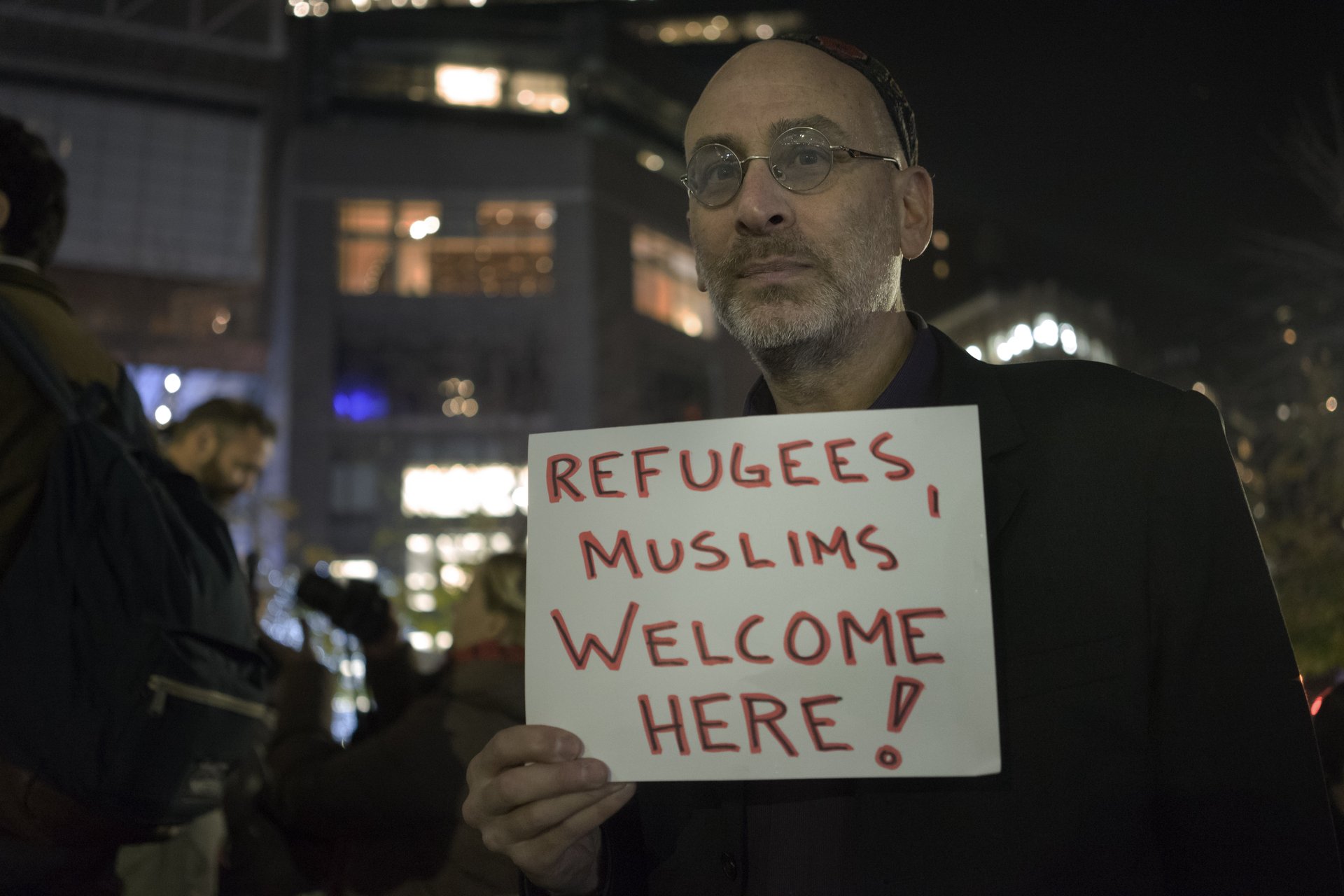
“The Syrian cause is the cause of all people,” says protestor Mikael Feinberg.”Which are the causes of inclusivity, tolerance, freedom and dignity. These are the values that America was built on. Today we are here to stand up for them against hatred, ignorance, rascism and Islamophobia.”
“As a Jew, I understand from my own history and my people’s history what is like to need a safe haven, and what it is like to look for a country that can offer this. America needs to be that country; the country that is represented by the Statue of Liberty and the words, ‘Give me your tired, your poor, your huddled masses yearning to breathe free.”